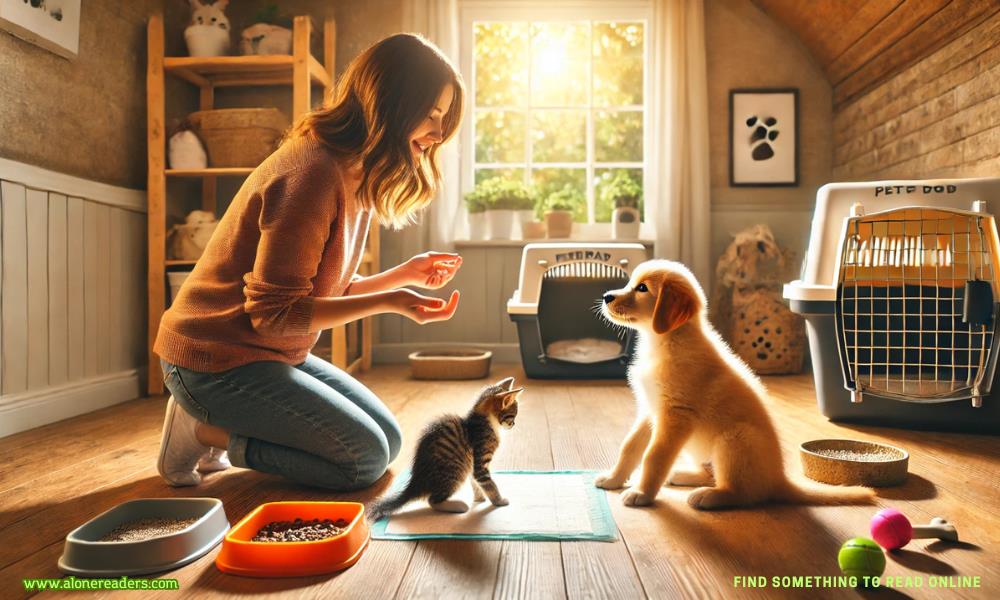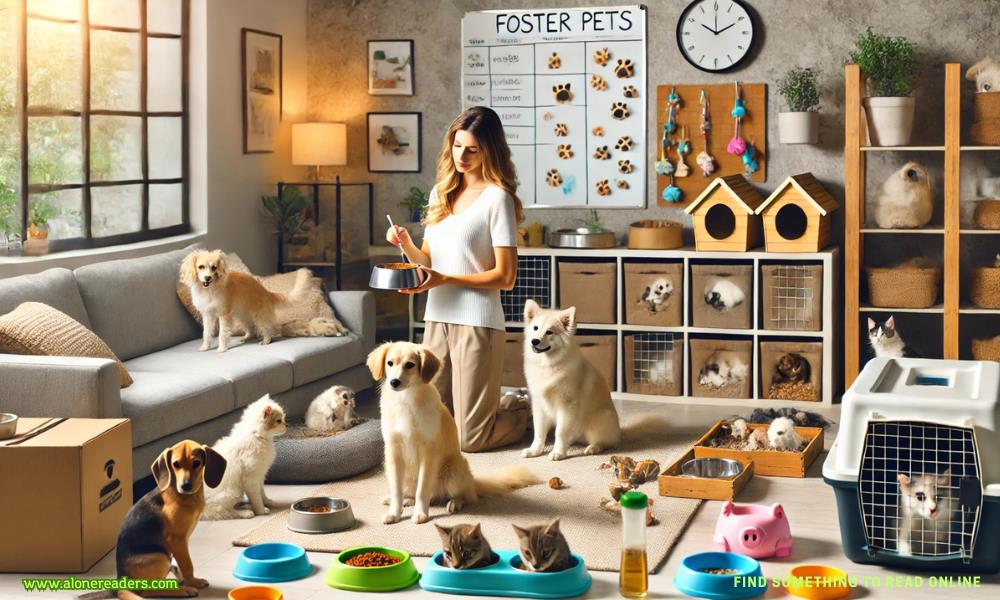Page 102 of The Maid's Secret
“Was there a ballroom?” she asked.
“Indeed,” I replied. “And a parlor, and a library, and a conservatory.”
“See?” she said. “Youarea princess.”
She asked me question after question, demanding every detail, delighting in every nuance I shared.
“Tell me again about your father’s library,” she’d say. “How many shelves of books? And the volumes had gold writing on the spines?”
“Yes,” I replied.
“And the silver pantry in the basement. Describe it again.”
I would detail the rows and rows of platters and chargers, gravy dishes and silver spoons that Mrs.Mead and Penelope polished to a high shine. As we folded clothes, scrubbed floors, or toiled over boiling pots in the kitchen, Amelia would listen to me describe every detail of Gray Manor, for this is how we whiled away the time in the farmhouse, not sprawled on lounge chairs while our bellies burgeoned, but put to hard labor as penance for our sins.
Mrs.Lynch worked us to the bone. There was a laundry in the basement that serviced well-to-do households in town; a chickencoop that yielded eggs sold by Mrs.Lynch at the back door; a garden we tended with vegetables sent to Sunday market; curtains, coverlets, and quilts all sewn by hand and sold to a high-end boutique in town. There was nothing Mrs.Lynch didn’t monetize, the money always going straight to her bosom. I swear there was a bank in there, filled with funds for her and her alone.
For my months at the farmhouse, I woke before dawn and went to bed just after dusk, exhausted and worn. I got used to my rusty mattress and learned to sleep through anything—springs digging into my side, snoring and nightmares, weeping in the dead of night (an altogether common sound). Every night, I prayed I’d done the right thing, reminded myself that I had chosen this for the sake of John, so that he would not have to suffer for my mistakes. It would only be a few months, and then I would go back home to the life I knew.
All the while, the baby in my belly grew, and one day, as I held my hand to it, I felt that little being ripple and move. Then, it was stronger, doing kicks and somersaults. At night, when I couldn’t sleep, I felt the shift beneath my palms, and I swear I could feel that baby trying to reach for my hand. Molly, my unborn child became my best friend. In my mind, I spoke to it and reassured it. “We’ll get through this—you and me. Where there’s a will, there’s a way.”
One day, as Amelia and I were sweeping out the chicken coop, I decided to ask her a burning question. By that point, her belly was as round as her face, and I knew her time was coming soon. “Amelia, who’s the father?” I ventured, thinking we were close enough that I could ask.
She put down her broom, her big blue eyes wide with shock.
“Never, ever ask that,” she whispered. “If you’d asked any of the other girls, they’d’ve scratched your eyes out.”
I was shocked and speechless. “I’m sorry,” I said.
“We don’t all live in manor houses, Flora. For us, there’s no fairy-tale ending.”
I apologized again, and she picked up her broom, sweeping my comment out of the coop alongside the excrement.
Once a month, all of us girls were taken to what they called the “giddyup room.” It was a small office on the main floor, where our feet were put in stirrups, and we were poked and prodded by a visiting physician. Mrs.Lynch stood vigil in the room, and when the doctor pronounced his verdict, “Fit as a fiddle,” in my case or “Anemic. Needs more meat,” about Amelia, he spoke only to Mrs.Lynch. It was as if we mothers-to-be were not even there.
Sometimes, well-dressed couples would visit the farmhouse, and as we toiled away in the laundry or stooped in the garden, Mrs.Lynch would bring them around to look at us. They’d whisper and point like we were zoo animals, and we girls were instructed not to address them directly. These silent visits were reminders of what would happen to our babies once they were born, something none of us could bear to think about or even discuss amongst ourselves.
Two months went by, and I had no word from my parents. I asked Mrs.Lynch every day if she’d received a call, a telegram, a letter—anything.
She shrugged and said, “No.”
But one day when she was out of earshot, Amelia found me. “She burns mail, you know. I’ve seen her. Takes the checks out, then burns the rest. Don’t give up hope. Your parents are waiting for you.”
Whether that was true or not, I never found out, but her words lit a much-needed candle in the dark.
After three full months, I still had not experienced a birth in the farmhouse, and as it turned out, the first I witnessed was Amelia’s. She went into labor in the middle of the night, waking me with her piercing scream. Mrs.Lynch and the girls, myself included, led her to the giddyup room, where she lay on the examining table. Her moon face was ashen and covered in sweat. Mrs.Lynch and some of the girls knew the drill, prompted her to push, offered her a hand to squeeze. I had no idea what to do and watched from the sidelines, flinching with every bloodcurdling cry.
I will save you from the details of what occurred next, Molly, butsuffice it to say things did not go well. The doctor was called but far too late. When he arrived, he checked Amelia’s pulse and shook his head. He looked around and diagnosed the patient in two sharp statements. “Hemorrhage,” he said to Mrs.Lynch. “Nothing to be done.”
“Get a sheet from the laundry downstairs,” Mrs.Lynch ordered, but my feet were stuck to the floor, my eyes glued to the savage scene on the table in front of me. “Go! Make yourself useful.”
I rushed off, returning a few moments later with a sheet as thin as a shroud.
Dolores took it from me and laid it over Amelia’s pale body, covering both her and the silent pink bundle one of the girls had placed in the crook of her lifeless arm. Eventually, a hearse arrived at the house, and Amelia was loaded into it, though the pink bundle remained behind on the giddyup table.
Everyone knew the next steps, had clearly been through this, either at the farmhouse or in their lives before. At dawn, while Mrs.Lynch watched from a window, I followed the girls to the field beyond the garden, where crooked barn-board crosses nestled amongst tall, swaying grasses. I’d noticed them before, but in my naïveté, I thought they marked some farmer’s pet cemetery, his tributes to old sheepdogs laid to rest. But when the shovels came out and we began to dig, I realized how daft I’d been, my mother’s harsh words echoing in my head—our daughter’s as green as a bean.
As I joined in the burial of Amelia’s stillborn child, I made a vow to myself and to my unborn babe:This won’t happen—not to you, and not to me.My child kicked in my belly, making its presence known. That little life was conceived out of love, and it would be born into love. I promised I would bring that baby into the world, and I would remain its mother for as long as I lived. All there was left to do was make it happen.
- The Rancher's Pregnancy Surprise by Marian Tee
- His Virgin Wife by Sam Crescent
- Cougar Chronicles by Helen Hardt
- Secret Baby for the Triplets by Molly Eden
- Sinful in Scrubs by Ava Gray
- The Man of the House by Lena Little
- Fearful Mate by Jade Marshall
- Forbidden Bratva Virgin by Rina Lawson
- Dirty Grovel by Naomi West
- Dirty Damage by Naomi West
- Unholy Cross by Beth D. Carter
- The Rejected Wife by L. Steele
- The Last Sunrise by Anna Todd
- Jilted by Vi Keeland
- One Last Memory by N. Slater
- Duped by Charity Parkerson







